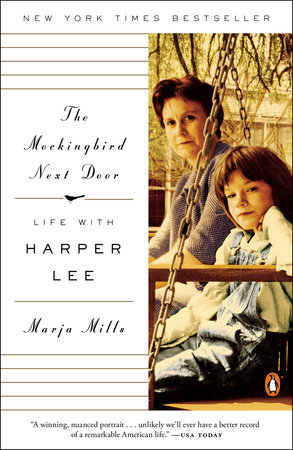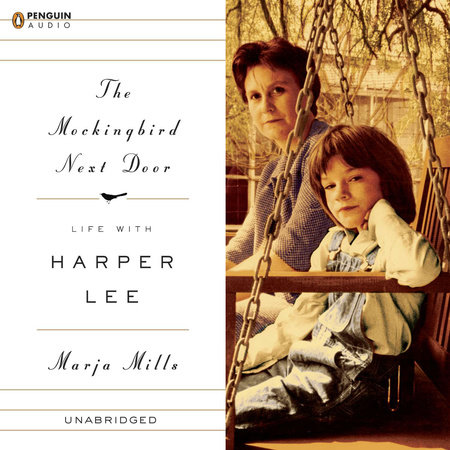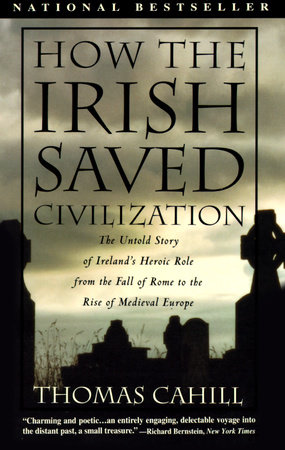

The Mockingbird Next Door
By Marja Mills
By Marja Mills
By Marja Mills
By Marja Mills
By Marja Mills
Read by Amy Lynn Stewart
By Marja Mills
Read by Amy Lynn Stewart
Category: Biography & Memoir | Literary Criticism | U.S. History
Category: Biography & Memoir | Literary Criticism | U.S. History
Category: Biography & Memoir | Literary Criticism | U.S. History | Audiobooks

-
$17.00
May 05, 2015 | ISBN 9780143127666
-
Jul 15, 2014 | ISBN 9780698163836
-
Jul 15, 2014 | ISBN 9780698154575
491 Minutes
Buy the Audiobook Download:
YOU MAY ALSO LIKE
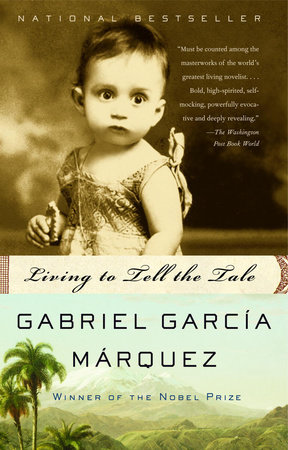
Living to Tell the Tale

The Three Lives of James Madison
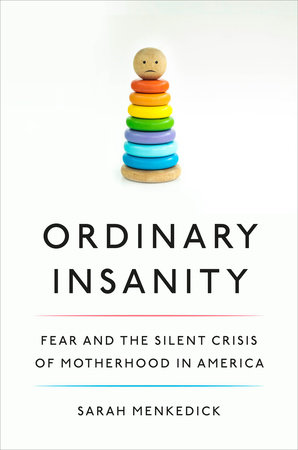
Ordinary Insanity
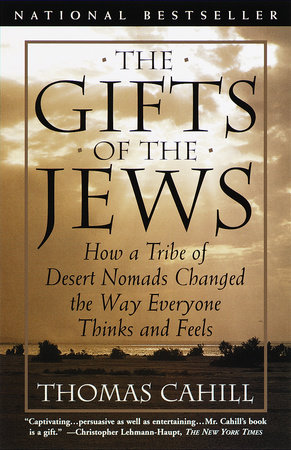
The Gifts of the Jews
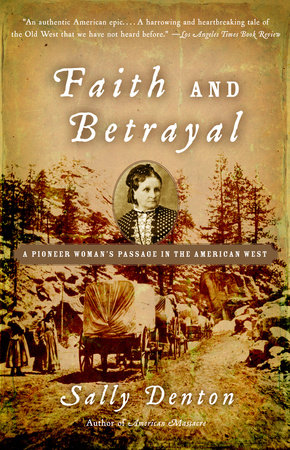
Faith and Betrayal
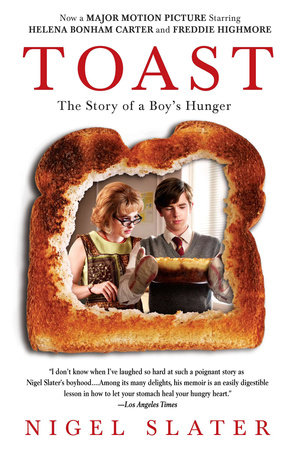
Toast
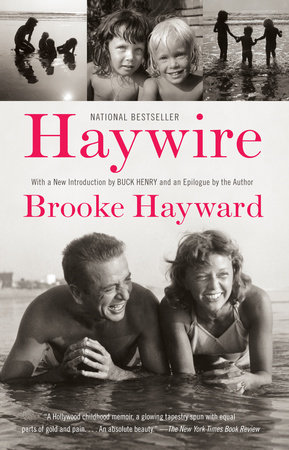
Haywire
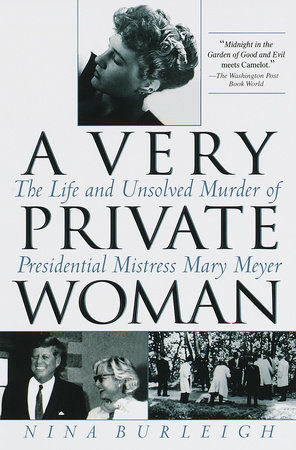
A Very Private Woman
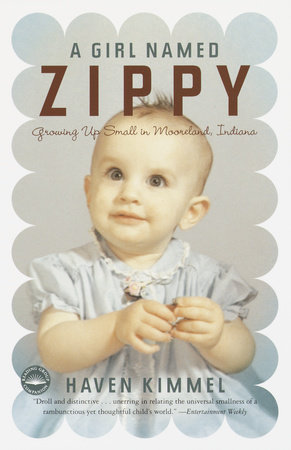
A Girl Named Zippy
Praise
Washington Post:
“There are many reasons to be grateful for The Mockingbird Next Door, Marja Mills’s wonderful memoir of Harper Lee and her sister….Sympathetic and respectful it may be, but The Mockingbird Next Door is no sycophantic puff piece. It is a zesty account of two women living on their own terms yet always guided by the strong moral compass instilled in them by their father…. It is also an atmospheric tale of changing small-town America; of an unlikely, intergenerational friendship between the young author and her elderly subjects; of journalistic integrity; and of grace and fortitude…. Mills doesn’t avoid prickly issues, but she approaches them obliquely and accepts partial answers. Despite her enervating illness, Mills’s writing is energetic. The Mockingbird Next Door is warm yet wistful, a lament for the books Harper Lee never wrote. It ends on an elegiac note, since by the time Mills was able to complete it, the Lees were fading fast, in separate assisted-living facilities. The world she depicts is sadly gone, but—lucky for us—she caught it just in time.”
USA Today:
“A lot of people have a lot of ideas about what it means to be American, but here’s one more: To Kill a Mockingbird . . .That fact alone makes The Mockingbird Next Door, a memoir by Chicago Tribune reporter Marja Mills about her friendship with the book’s author, Harper Lee, a valuable artifact. It’s also a thoughtful, sweet-tempered, witty piece of work . . . The Mockingbird Next Door offers a winning, nuanced portrait. Indeed, given Lee’s deep privacy and advanced age, it seems unlikely we’ll ever have a better record of a remarkable American life.“
People:
“[Marja Mills] has written an intimate, moving book about a rare talent.”
NPR Fresh Air, Maureen Corrigan:
“Charming . . . The Mockingbird Next Door offers a rich sense of the daily texture of the Lee sisters’ lives . . . The world that Mills was invited into over a decade ago has disappeared: both Alice (now 102) and Harper Lee (now 88) are in nursing homes, memories faded. Fortunately, in Mills, the sisters found a genteel family chronicler knocking at their door at the eleventh hour.”
O, The Oprah Magazine:
“Mills has done what no writer before her could: She got Harper Lee to open up about her life, her work, and why she never wrote another book.”
Boston Globe:
“A rare, surprising, and respectful look at the Lees and their milieu.”
Vanity Fair:
“Hot Type: The Mockingbird Sings: More important than these answers, however, is the voice of Lee herself—and her message, which we still need to hear.”
Elle:
“In telling their story in The Mockingbird Next Door, Mills writes with the amazement of one who feels kissed by fate. We in turn are blessed with an intimate portrait of Lee.”
Shelf Awareness:
“The development of trust and friendship between Mills and the Lee sisters took time, but even in those first minutes, the relationship was nearly unprecedented …Told charmingly in the Lees’ southern drawl and with the affection and closeness that the story reveals, The Mockingbird Next Door is quietly admiring and satisfyingly intimate, and will captivate not only fans of Lee’s great American novel, but fans of real people living modest lives in small-town Alabama, or anywhere.”
Southern Living:
“Reading The Mockingbird Next Door is like opening a window into Harper Lee’s private world. As the window closes on the last page, we’re left with nostalgia for one of literature’s greatest talents and the feeling we had the very first time we read her remarkable novel.”
OWN, The Oprah Winfrey Network:
“Another real discovery … This intrepid journalist … learned more about the stories behind To Kill a Mockingbird and Harper Lee than anyone before, after or since.”
Good Housekeeping:
“This glimpse of a rare bird is delightful.”
BookPage:“A winning and affectionate account….. The Mockingbird Next Door offers a tender look at one of our most beloved and enigmatic writers, as well as the town that inspired her.”
Garden and Gun:
“[Mills is] a skilled writer and storyteller…The Mockingbird Next Door has a near perfect combination of story and fact.”
Books & Culture
“…[U]nlike the masses that went before her, Mills pulls off a journalistic coup by getting first Lee’s sister Alice to open doors for her and then Lee herself . . . Mills has enjoyed unprecedented access to Lee, and we should be grateful for the tidbits she throws our way.”
Houston Chronicle
“For To Kill a Mockingbird fans it’s a must-read.”
Book Reporter
“Mills’s book is remarkable.”
21 Books You’ve Been Meaning to Read
Just for joining you’ll get personalized recommendations on your dashboard daily and features only for members.
Find Out More Join Now Sign In








